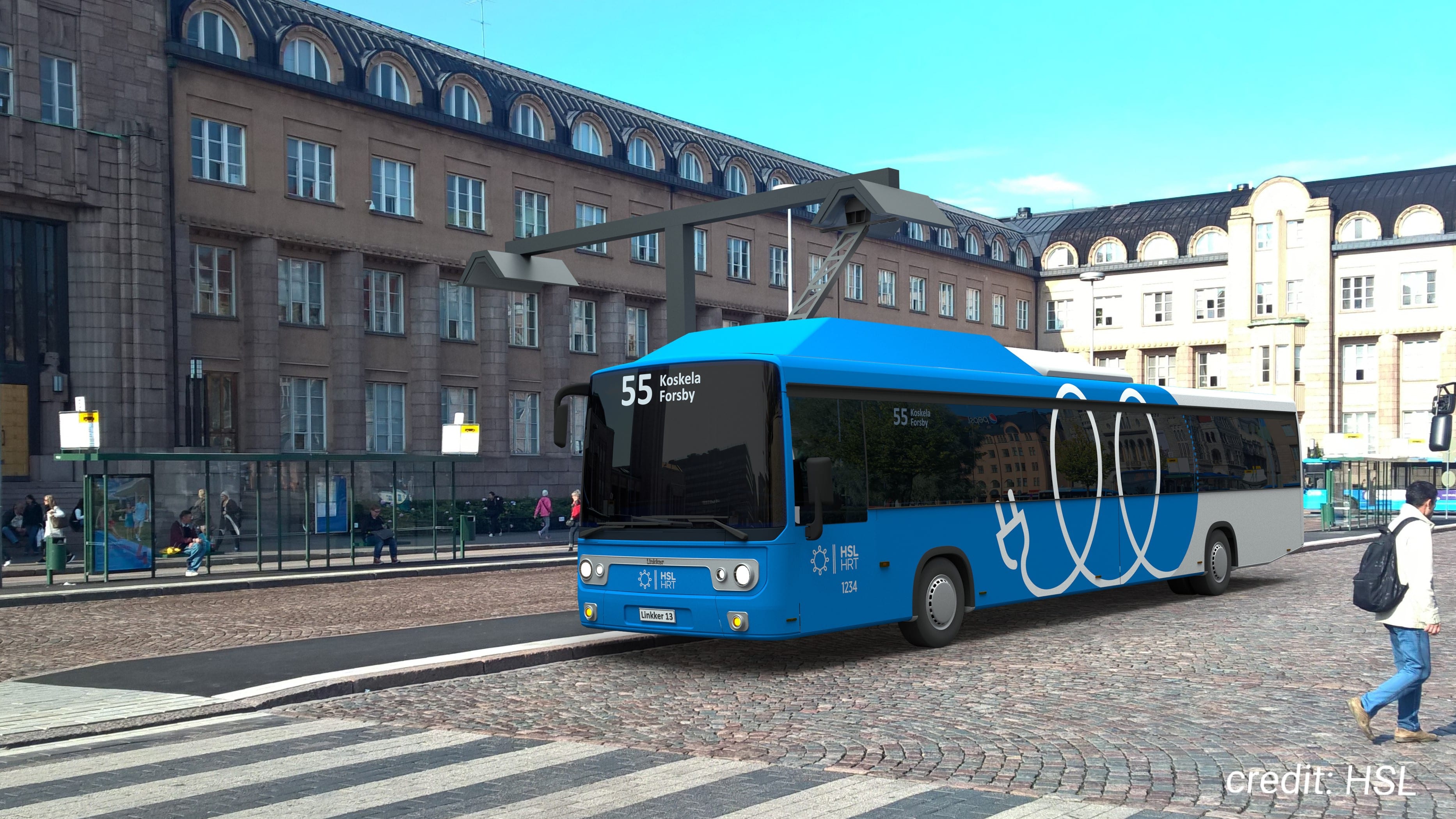The project proEME has hosted their first workshop on battery electric buses on the 11th and 12th December 2018 in Helsinki (Finland) together with coordinators of the Task 33 “Battery Electric Buses” from the Technology Collaboration Program (TCP) on “Hybrid and Electric Vehicle (HEV)” of the International Energy Agency (IEA).
Battery electric buses have the potential to substitute for conventional diesel buses in public transportation services in cities. Recent technological developments and many demonstration projects worldwide, which are testing and demonstrating various types of electric buses, charging methods and strategies as well as energy storage systems, might open a totally new zero emission perspective for bus services.
Together with coordinators of the Task 33 “Battery Electric Buses” from the Technology Collaboration Program (TCP) on “Hybrid and Electric Vehicle (HEV)” of the International Energy Agency (IEA) the proEME project members discussed on the 11th and 12th december about latest technology of battery electric bus systems.
15 participants from different sectors (public fleet operators, industry, university and research institutions) and different countries (Austria, Chile, Finland, France, Germany, Italy, Spain, Switzerland and Uruguay) joined the workshop. Over the two days ten presentations were held and group work was carried out at the end.
The aim of this expert workshop was to analyse, discuss and assess the current state technology of battery electric bus systems. The workshop revealed ongoing practical experiences with battery electric buses in different urban applications (e.g. Helsinki). Best practices showed that there is still a TCO gap between diesel and battery electric buses. Further knowledge was shared on novel tendering concepts for build-up and operation of charging stations and on the required progress in the standardisation of charging infrastructure.
The municipalities of Santiago de Chile and of Montevideo in Uruguay have each ordered several hundred battery busses of which the first are already in operation. All participants agreed that the workshop was very fruitful and a follow-up of idea exchange in 2019 was welcomed.

